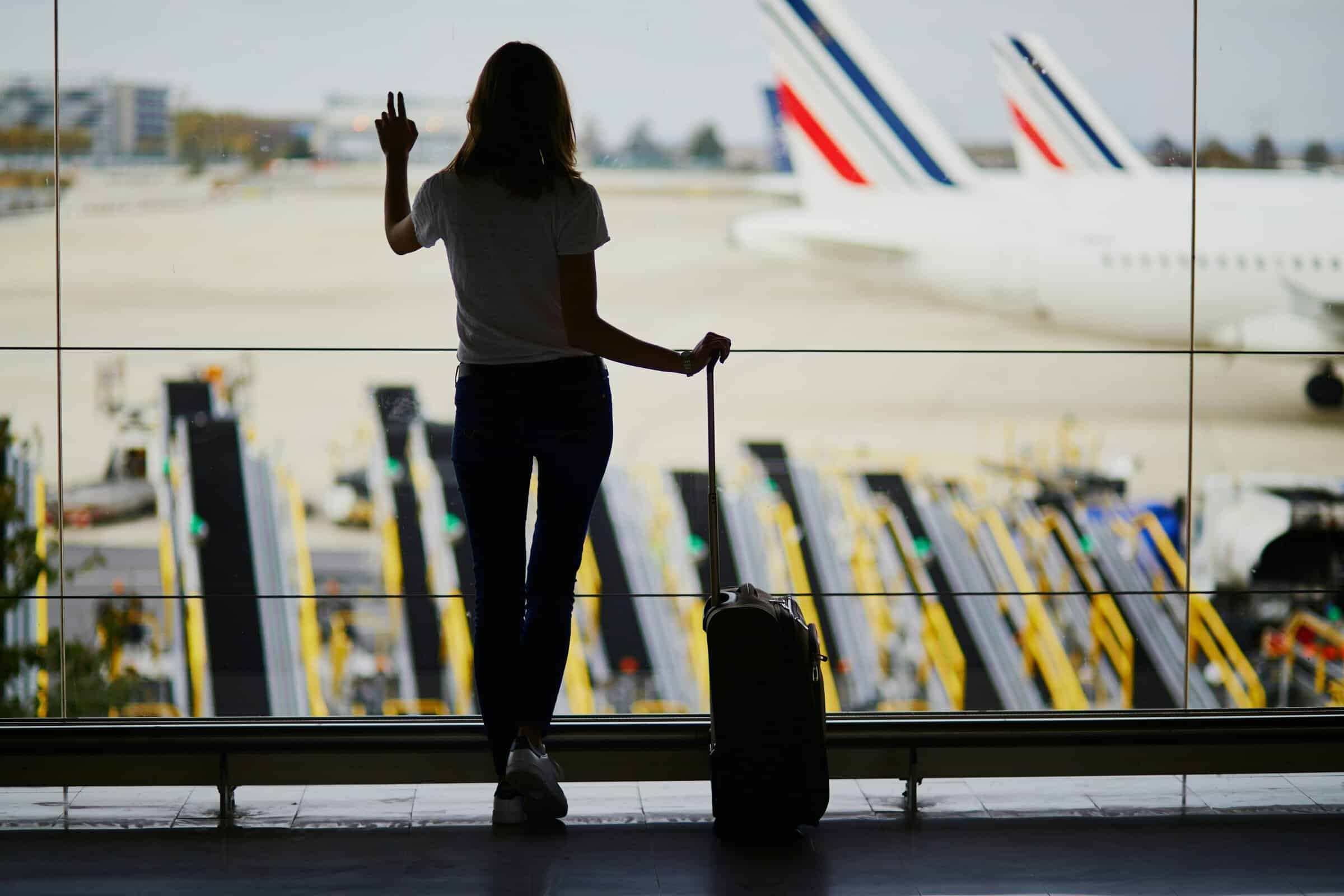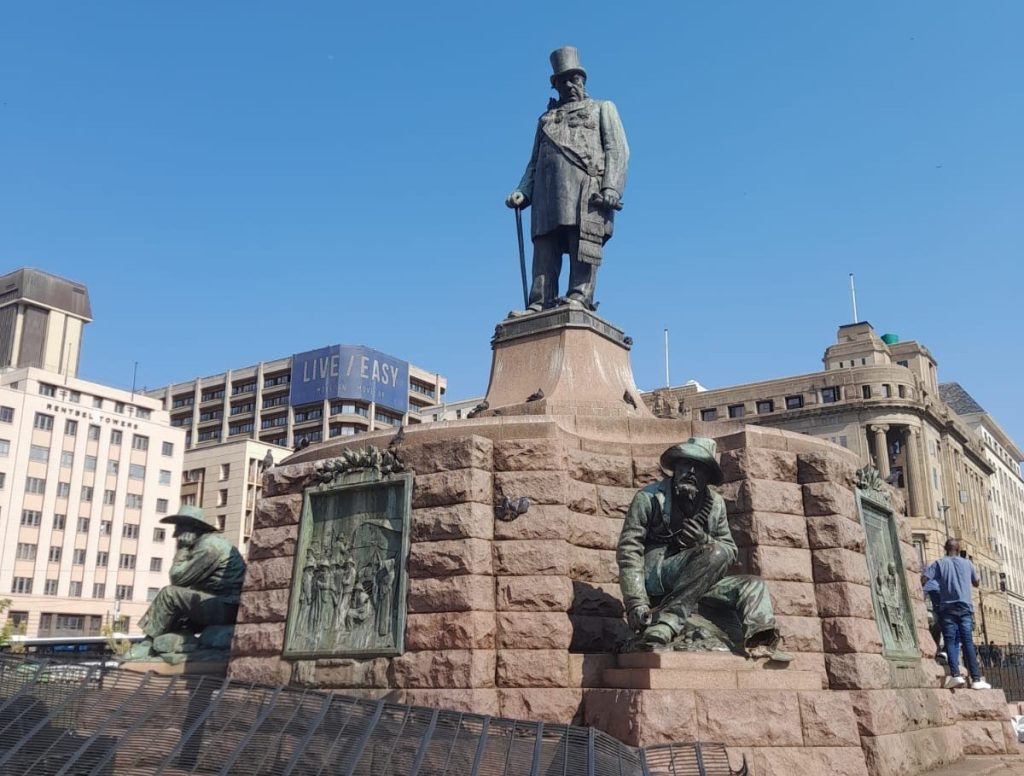In 2003, the Come home campaign was launched by Solidarity and the Maatskappy vir Immigrasie (MVI) to advise South Africans who want to return to South Africa. In 2005, the MVI merged with the organisation known since 2006 as AfriForum.
The Come home campaign has never ceased to exist, and we continue to advise people who are remigrating where possible. In the meantime, AfriForum Worldwide’s functions have expanded and we keep in touch with people who live abroad temporarily or permanently, as well as with people who intend to return.
AfriForum Worldwide recently received a question on what to do if you want to remigrate. The short answer is that you should tackle the process exactly like the emigration process.
Step one is to determine your status and the status of everyone who will come along. Are all of you South African citizens? Unfortunately, it is possible to lose your citizenship. A court ruling in 2023 declared some cases of the loss of citizenship unconstitutional, but the consequences of the ruling are not yet clear in practice. Rather check when in doubt. Children born abroad must be registered in South Africa; foreign spouses will need permits to stay legally in South Africa; and foreign marriages must also be registered in South Africa.
Step two is income. Jobs are scarce in South Africa, as evidenced by the high unemployment rate. New businesses also struggle to become profitable. If you are going to earn a foreign pension, check whether it will be paid out in South Africa and what the tax implications will be. This also applies to any other income you will receive from abroad – no one wants to pay double tax.
Step three is health. Legislation requires people who have had medical insurance in the country for intermittent periods to pay extra fees. Make sure you can afford the cost. If you have any chronic medical conditions, it is also essential to check what insurance requirements will apply and what treatment is available locally.
Step four is possessions. Find a reliable agent for the transport and customs clearance of your goods. Vehicles are more complicated than household goods. The relevant authority must first be contacted to determine whether the car, plane or other means of transport may be used in South Africa. These processes can be expensive and time-consuming – also establish what prices apply. Sometimes, it is cheaper to buy a new fridge than to have it rewired in South Africa, or a new car rather than going through the import process.
Step five is other money matters. Your status will determine whether you will be able to easily open a bank account again. Talk to the financial institution of your choice about options to avoid frustration.
Step six is educational matters. Qualifications obtained abroad must be evaluated locally. Professional registrations that apply in some professions must be active before you can start working. The level at which children must start school must be determined and remember that public primary and high school enrolments for the following year will usually close by the third quarter of the current year. This means that timely preparation and thorough research must be done to avoid disappointment.
Step seven is pets and other animals. The type of animal and the country you come from will determine the requirements. Find out what documentation is required and what the cost will be if quarantine is required, for example.
Step eight is emotions. Please read our article on return, Returning to South Africa: Challenges and tips for reintegration, and keep in mind that the circumstances and people you left behind may seem the same but have changed. You have also changed – you have experienced circumstances that have made you grow, and you will leave behind people and places you will miss, even if you are pleased to be back. People will not share all their worries with you on Teams or WhatsApp, and you will not necessarily see how much older people have grown. It can be a shock when you return and realise that the health of the people you love may have deteriorated badly. People will probably also question your choice to emigrate then or to remigrate now, even if it is your private affairs. All this can make the return an emotional seesaw. So, prepare for all possible scenarios.
Feel free to approach AfriForum Worldwide with any questions about the remigration process. We are happy to help with advice or referrals.
Photo: Getty Images/ Unsplash




















